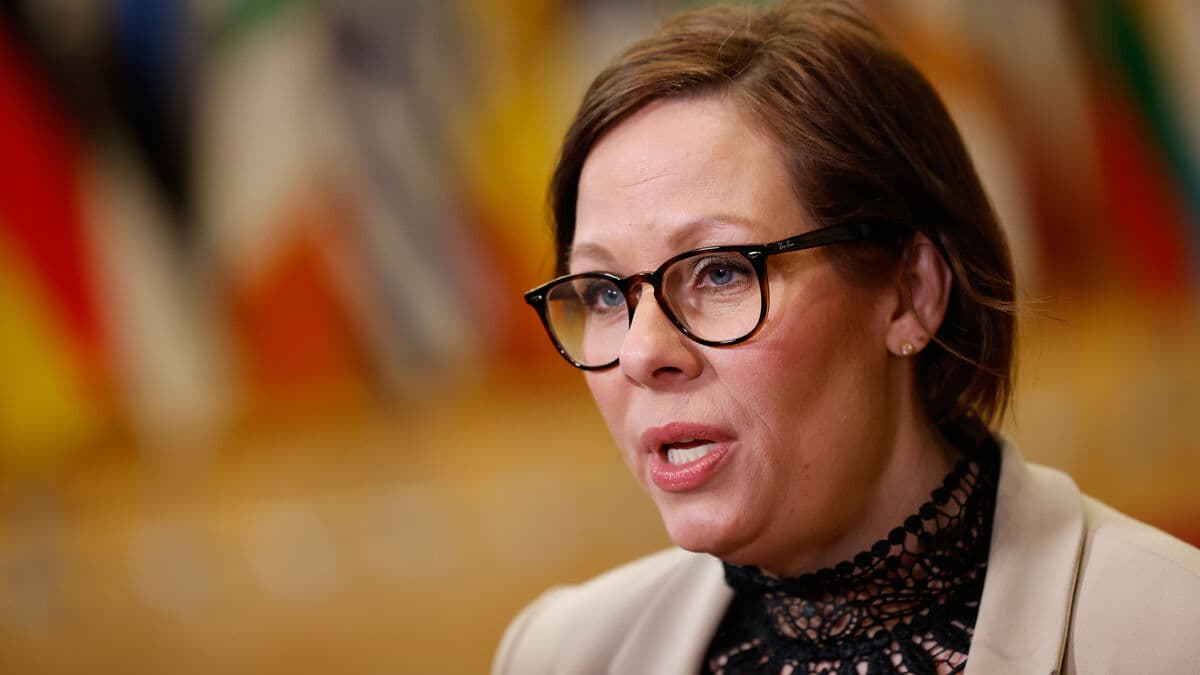"The government's design of Industriklivet has not been sufficiently well thought out," says National Audit Office Director Claudia Gardberg Morner in a press release.
Industriklivet overlaps with another support, Klimatklivet, which has led to cases where it has been possible to apply for grants from both supports for equivalent investments, but Industriklivet sets lower requirements.
"There is a risk"
However, many of the investments, such as carbon capture and hydrogen, require enormous amounts of electricity, which in some cases is unclear where it will come from today.
The National Audit Office also states that the Energy Agency is inefficient when collecting data. It also sees risks that applicants are treated differently, as they themselves have been allowed to decide how they calculate their expected emission reductions.
"The National Audit Office therefore assesses that there is a risk that projects will be granted support even if they do not contribute to Industriklivet's purpose to a high extent," it states in the report.
Coming with recommendations
Industriklivet can provide funding for research projects and feasibility studies, and in that case, the National Audit Office can understand that it may be difficult to calculate the climate benefits in advance. However, when it comes to investment projects, i.e., to actually implement a technology, the Energy Agency should be able to set higher requirements.
The National Audit Office recommends that the government coordinate support for climate transition and ensure that climate policy is coordinated with other areas. For the Energy Agency, the recommendation is, among other things, to develop better forms.
Facts: Industriklivet
TT
Industriklivet is an initiative to reduce greenhouse gas emissions from industry, which accounts for a third of Sweden's emissions.
Industriklivet was introduced in 2018 to reduce so-called process-related emissions, which have proven difficult to reduce. Over the years, the support has been broadened.
Funding can be applied for feasibility studies, pilot projects, and commercializations. Most funding has gone to LKAB's Hybrit project. Other initiatives concern, among other things, carbon capture and storage (CCS/CCU) and biomass.
The allocation for 2024 is 1.5 billion kronor.
Sources: National Audit Office, Energy Agency






